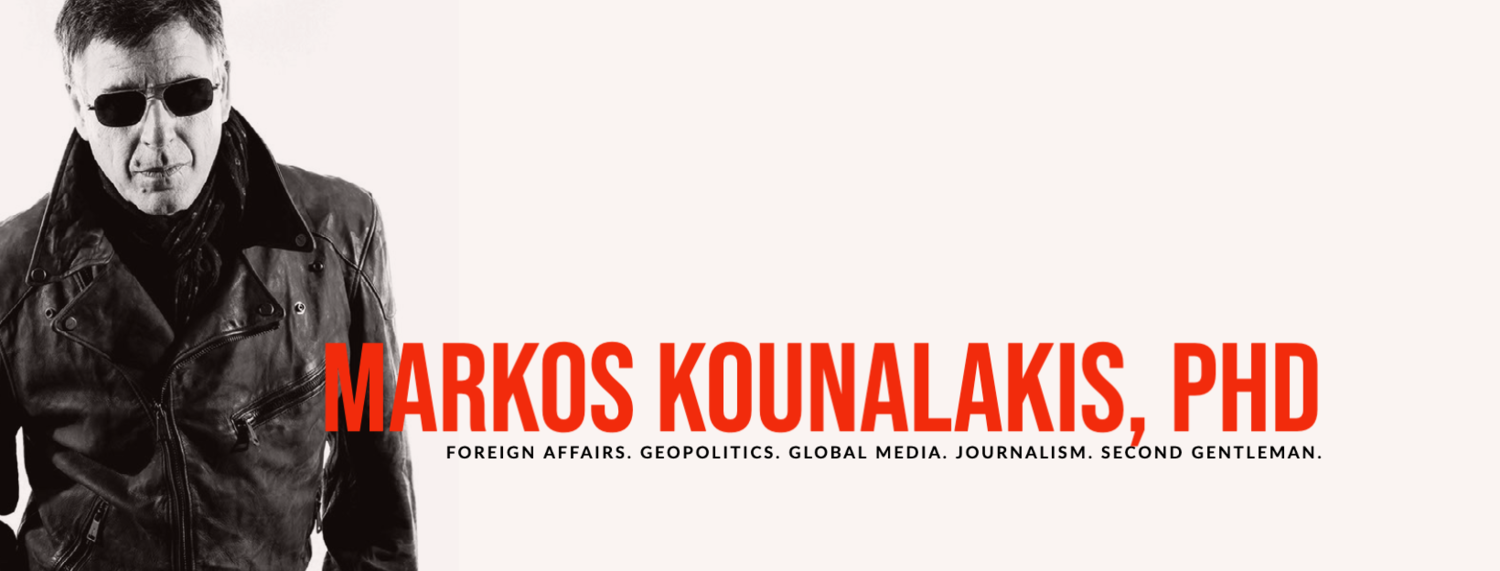Video Commentary
Foreign Affairs
A foreign affairs columnist and International Relations scholar, Dr. Kounalakis has spent the last forty years as a foreign correspondent, author, and analyst.
Public Diplomacy
An expert in public diplomacy, Markos served on some of the largest organizations working in both global student exchange and international media. He is a former Fulbright Foreign Scholarship Board member, the former chairman of the media development NGO Internews, and continues to serve on the University of Southern California's Center for Public Diplomacy board.
Democracy
Markos and his wife have established two academic chairs (Stanford and Georgetown) in the study of democracy and he continues to work and advocate for democratic systems at home and around the world.
Global Media
A media practitioner and policy analyst, Markos has worked as a foreign correspondent, broadcaster, and publisher for media companies around the world. He reported for Newsweek in Rome, Vienna, and Prague and was a Moscow correspondent for NBC-Mutual News before taking over the Washington Monthly magazine. He co-hosts the NPR-syndicated radio program WorldAffairs. His most recent book is about Chinese and Russian global media.
